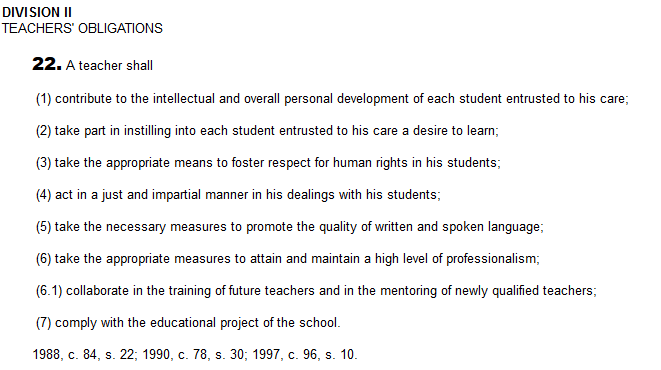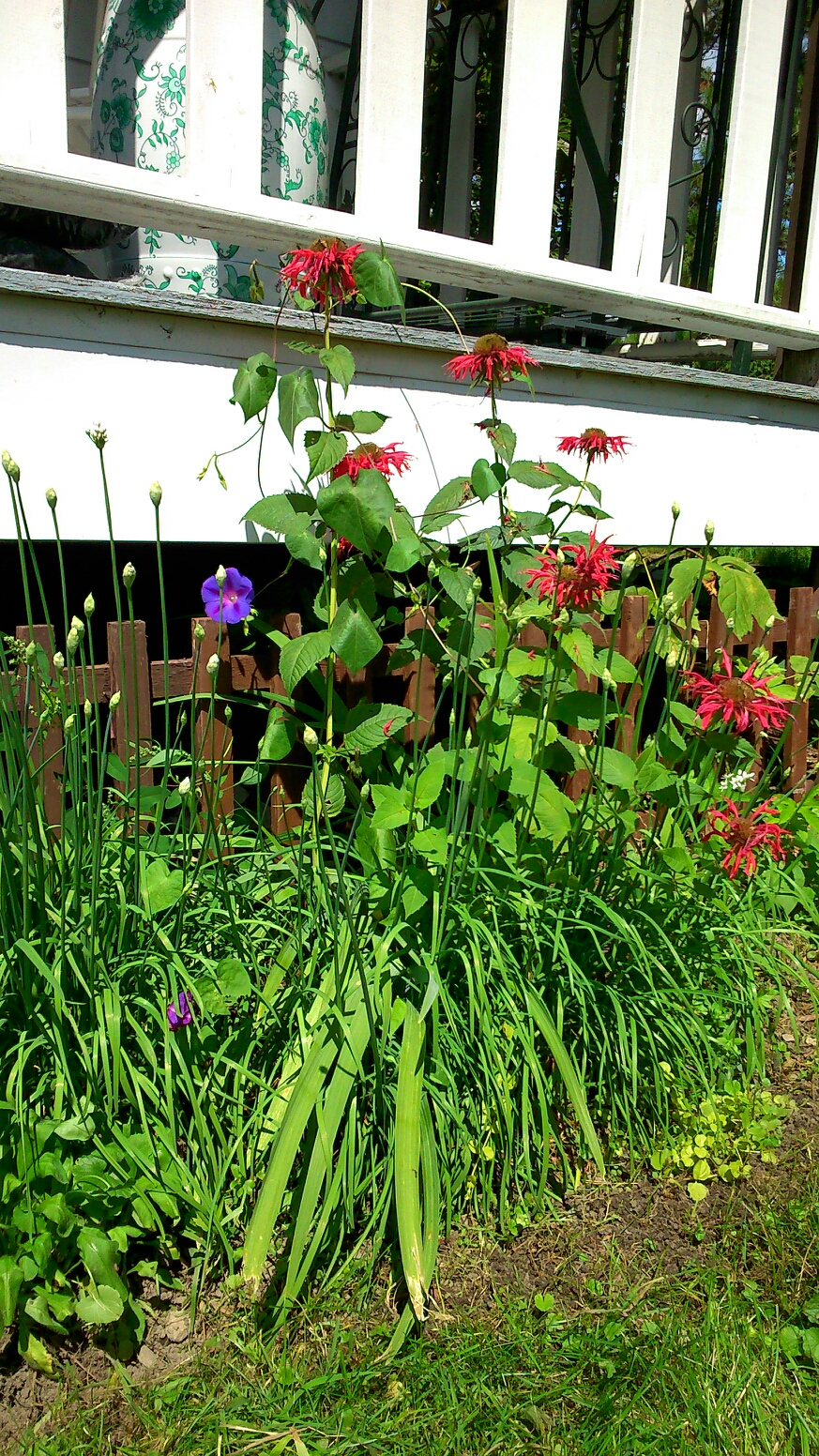Part of my job, no. Most of my job has me thinking about Professional Development. Today it has me wondering about how much others think about it.
As a teacher, how much importance do you place on PD? Is it something you do because it is part of your yearly schedule or is it something you actively seek out and want a say in?
The Quebec Education act tells us that we need to maintain a high level of professionalism – what does that mean to you? And does it mean the same for all of us?
It also says that we are required to be involved in the training and mentoring of new teachers. How are we helped in that area? What does this look like?
My bias is that PD is our tether line. It is what can keep us connected to others and to our own growth as we navigate the cliff sides of the ever changing classroom context.
How would you describe it?


